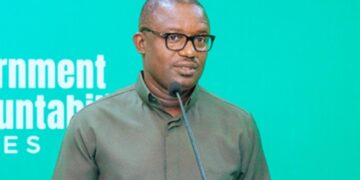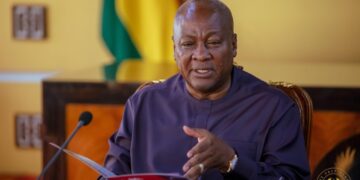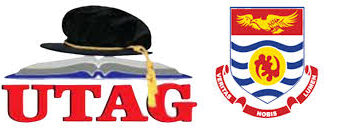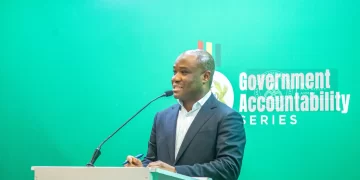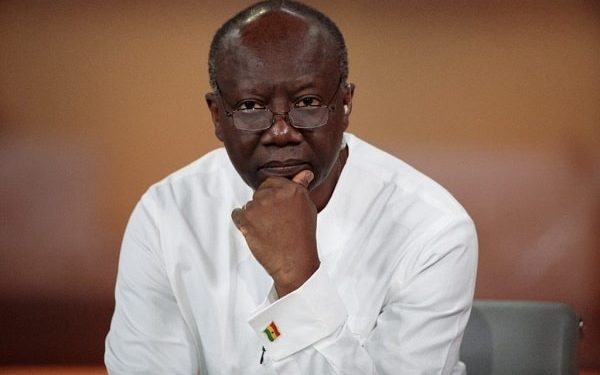Despite the Special Prosecutor’s office’s harsh appraisal, Finance Minister-nominee Ken Ofori-Atta proceeded to defend the Agyapa agreement, maintaining that the government violated no laws in appointing the transaction advisor.
Mr. Ofori-Atta stated during his screening that the agreement complied with article 181(5) of the constitution, which states that any overseas commercial or commercial activity in which the government is a member must be approved by Parliament.
In response to a question from James Agalga, a Minority MP on the Appointments Committee, he said, “I do not believe we violated any law, and I believe the AG [Attorney General] would be able to give you a firm determination of that.”
Mr. Ofori-Atta went on to say that the deal’s concerns were not in Ghana’s best interests.
Agyapa Royalties Limited was established by the government through the Minerals Income Investment Fund to securitize Ghana’s gold royalties.
“Such speculations are harmful to development, and they stifle the kind of policy flexibility and creativity that this country requires to thrive.”
Given Ghana’s position as the world’s largest gold exporter, the nominee stated that “something different must be done within the remits of our constitution.”
Mr. Ofori-Atta had previously criticized the deal’s corruption risk appraisal, in which the then-Special Prosecutor, Martin Amidu, drew a connection between the project’s transaction counsel, Imara Corporate Finance of South Africa, and Databank Financial Services, a Ghanaian business co-founded by Mr. Ofori-Atta, who was Finance Minister at the time.
“We do not promote acknowledging a text in which the people were not free to express their views,” he said again.
Background
Ghana was to own 51 percent of Agyapa Royalties, a Jersey-based firm, and the remaining shares will be listed on the London Stock Exchange.
The government has argued that by selling the remaining 49 percent of shares, it will collect at least $500 million in capital to alleviate their increasing debt crisis and invest in developmental ventures in exchange for securitizing potential revenues.
However, the government was chastised for not being frank about the contract and the Special Prosecutor’s resulting graft risk appraisal.
The Special Prosecutor found, among other items, that the contract broke several laws and that the hiring of transaction advisors did not follow the “fundamentals of probity, openness, and responsibility.”
About the fact that the President ordered the Finance Minister to re-submit the agreement to Parliament in light of the report, Martin Amidu, the Special Prosecutor, alleged the President attempted to intervene in the deal and eventually resigned.


